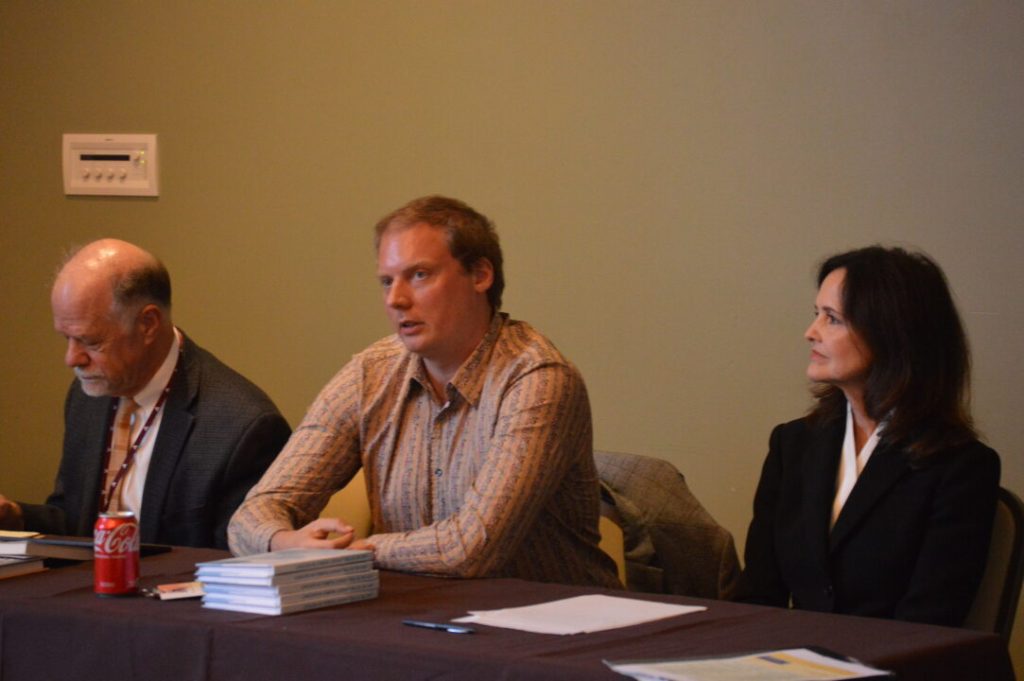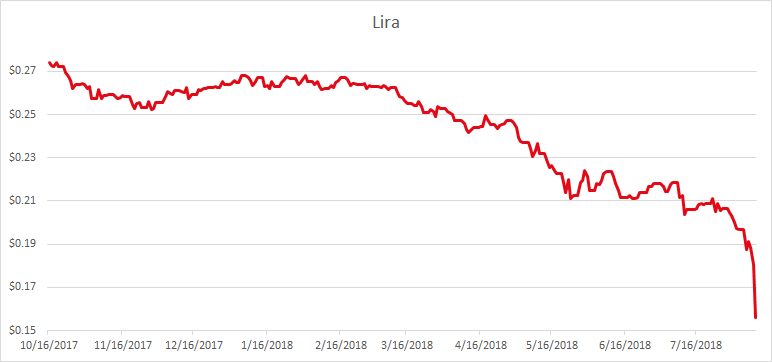In the natural sciences, a laboratory experiment can isolate various elements and their movements. There is no equivalent in the discipline of economics. The employment of econometrics and econometric model-building is an attempt to produce a laboratory where controlled experiments can be conducted.
The idea of having such a laboratory is very appealing to economists and politicians. Once the model is build and endorsed as a good replica of the economy, politicians can evaluate the outcomes of various policies.
This, it is held, enhances the efficiency of government policies and leads to a better and more prosperous economy. It is also held that the model can serve as a referee in assessing the validity of various economic ideas. The other purpose of a model is to provide an indication regarding the future.
By means of mathematical and statistical methods, an economist establishes functional relationships between various economic variables. For example, personal consumer outlays are related to personal disposable income and interest rates, while fixed capital spending is explained by the past stock of capital, interest rates, and economic activity. A collection of such various estimated relations—i.e., equations—constitutes an econometric model.
A comparison of the goodness of fit of the dynamic simulation versus the actual data is an important criterion in assessing the reliability of a model. (In a static simulation, the equations of
the model are solved using actual lagged variables. In a dynamic simulation, the equations are solved by employing calculated from the model-lagged variables).
The final test of the model is its response to a policy variable change, such as an increase in taxes or a rise in government outlays. By means of a qualitative assessment, a model builder decides whether the response is reasonable or not. Once the model is successfully constructed, it is ready to be used.
We suggest that econometric modelling procedure employs an untenable methodology: it tries to capture human behavior by means of mathematical and statistical methods.
Is the mathematical method valid in economics?
By applying mathematics, mainstream economics is attempting to follow in the footsteps of natural sciences. In the natural sciences, the employment of mathematics enables scientists to formulate the essential nature of objects. By means of a mathematical formula, the response of objects to a particular stimulus in a given condition is captured. Consequently, within these given conditions, the same response will be obtained repeatedly.
The same approach, however, is not valid in economics. For economics is supposed to deal with human beings and not objects.
According to Mises,
The experience with which the sciences of human action have to deal is always an experience of complex phenomena. No laboratory experiments can be performed with regard to human action[1].
The main characteristic or nature of human beings is that they are rational animals. They use their minds to sustain their lives and well-being. The usage of the mind, however, is not set to follow some kind of automatic procedure, but rather every individual employs his mind in accordance with his own circumstances. This makes it impossible to capture human nature by means of a mathematical formulae, as is done in the natural sciences.
People have the freedom of choice to change their minds and pursue actions that are contrary to what was observed in the past. Because of the unique nature of human beings, analyses in economics can only be qualitative.
Furthermore, to pursue quantitative analysis implies the possibility of the assignment of numbers, which can be subjected to all of the operations of arithmetic. To accomplish this, it is necessary to define an objective fixed unit. Such an objective unit, however, does not exist in the realm of human valuations. On this Mises wrote, “There are, in the field of economics, no constant relations, and consequently no measurement is possible[2].”
There are no constant standards for measuring the minds, the values, and the ideas of men. Valuation is the means by which a conscious purposeful individual assesses the given facts of reality. Once an individual establishes what the facts are, he then assesses which out of these established facts are the most suitable to attain his various ends.
Individuals’ goals set the standard for valuing
Individual goals or ends set the standard for valuing the facts of reality. For instance, if the goal of an individual is to improve his health, then he would establish which goods will benefit his health and which will not. Among those that will benefit him, some will be more effective than others will. There is no way, however, to quantify this effectiveness. All that one could do is rank these goods in accordance with perceived effectiveness.
The use of mathematics in economics poses another problem. The employment of mathematical functions implies that human actions are set in motion by various factors.
For instance, contrary to the mathematical way of thinking, individual outlays on goods are not “caused” by real income as such. In his own context, every individual decides how much of a given amount of income will be used for consumption and how much for savings. While it is true that people respond to changes in their incomes, the response is not automatic, and it cannot be captured by a mathematical formula. An increase in an individual’s income does not automatically imply that his consumption expenditure will follow suit. Every individual assesses the increase in income against the goals he wants to achieve.
The validity of probability in economics
Apart from mathematics, econometrics employs probability. What is probability? The probability of an event is the proportion of times the event occurs out of a large number of trials. For instance, the probability of obtaining heads when a coin is tossed is 50 percent. This does not mean that when a coin is tossed 10 times, five heads are always obtained. However, if the experiment is repeated a large number of times, then it is likely that 50 percent will be obtained. The greater the number of throws, the nearer the approximation is likely to be.
Alternatively, say it has been established that in a particular area the probability of wooden houses catching fire is 0.01. This means that on the basis of experience, on average, 1 percent of wooden houses will catch fire. This does not mean that this year or the following year the percentage of houses catching fire will be exactly 1 percent. The percentage might be 1 percent each year or not. Over time, however, the average of these percentages will be 1 percent.
This information, in turn, can be converted into the cost of fire damages thereby establishing the case for insuring against the risk of fire. Owners of wooden houses might decide to protect themselves against the risk of fire by setting up a fund. Every owner of a wooden house will contribute to the fund according to a certain proportion to the total amount of money that is required in order to cover the damages of those owners whose houses will be damaged by the fire.
Note that insurance against the fire risk can only take place because we know its probability distribution and because there are enough owners of wooden houses to spread the cost of fire damage among them so that the premium will not be excessive.
The owners of wooden houses are all members of a particular group or class that will be affected in a similar way by a fire. We know that, on average, 1 percent of the members of this group will be affected by fire. However, we do not know exactly who it will be. The important thing for insurance is that members of a group must be homogeneous as far as a particular event is concerned.
In economics, however, we do not deal with homogeneous cases. Each observation is a unique, non-repeatable event caused by a particular individual response. Consequently, no probability distribution can be established.
Let us take for instance entrepreneurial activities. If these activities were repeatable with known probability distributions, then we would not need entrepreneurs. After all, an entrepreneur is an individual who arranges his activities toward finding out consumers’ future requirements. People’s requirements are never constant with respect to a particular good. Human activities cannot be analysed in the same way that one would analyse objects.
To make sense of historical data, one must scrutinize the data not by means of statistical methods but by means of trying to grasp and understand how it emerged.
Economics is not about gross domestic product but about purposeful conduct
Most econometric models are designed along the lines of the Keynesian economic thinking. The main variable in these models is gross domestic product, which is explained within the model framework by the interactions between various lumped data known as aggregates.
The interaction between various aggregates in the model framework gives the impression that the economy is about gross domestic product and not about human beings and human life.
Furthermore, given that, human beings are governed by the freedom of choice, the various policy analyses by means of models, known as “what if” or multiplier analyses, are of a suspect nature.
After all, to assume that a change in government policy would leave the structure of equations intact would mean that individuals in the economy ceased to be alive and were, in fact, frozen.
Summary and conclusions
The employment of econometrics in economics is an attempt to produce a laboratory where controlled experiments can be conducted. We suggest that the econometric modeling procedure employs an untenable methodology: it tries to capture human behavior by means of mathematical and statistical methods.
[1] Ludwig von Mises, Human Action, (1963), p.31.
[2] Human Action, p.55.


